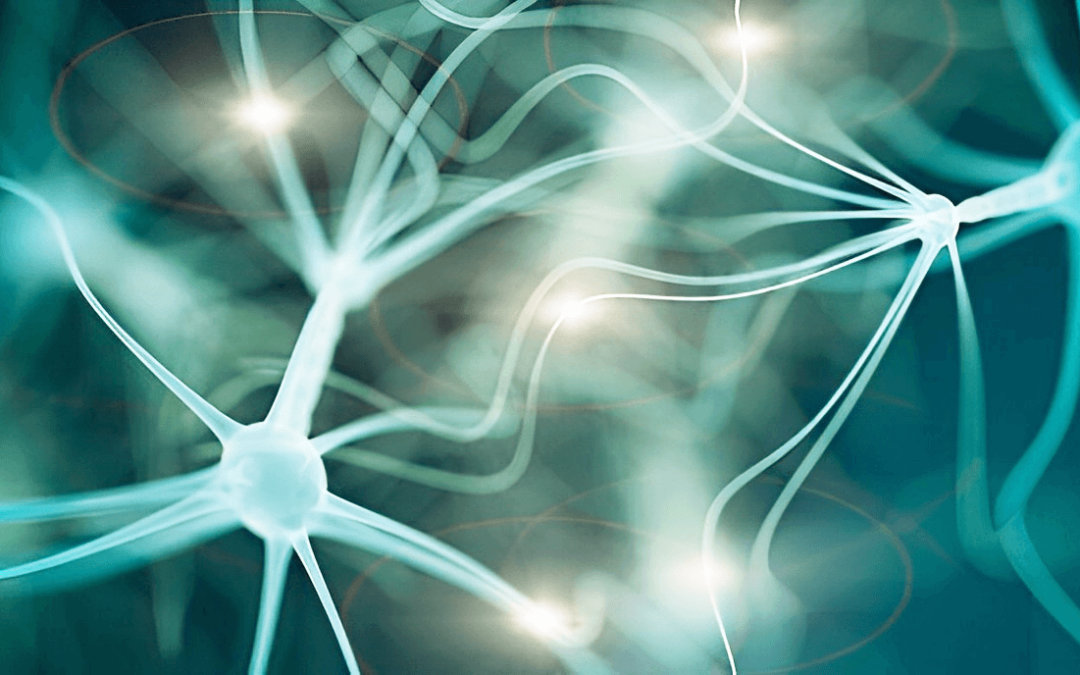
GABA and glutamate, two essential neurotransmitters, play a pivotal role in maintaining overall health and well-being. These neurotransmitters are responsible for balancing excitatory and inhibitory functions in the brain, influencing our cognitive, emotional, and physical states.
However, disruptions in the delicate balance between GABA and glutamate can lead to a range of health issues, including anxiety, stress, and various neurological disorders. In this article, we will explore the factors that can disrupt GABA and glutamate balance and how they impact overall health.
Understanding GABA and Glutamate Imbalances
GABA, the chief inhibitory neurotransmitter, works to calm the brain and promote relaxation. On the other hand, glutamate, the primary excitatory neurotransmitter, stimulates brain cells and enhances cognitive functions. When GABA levels are low and glutamate levels are high, it can lead to an overactive nervous system, increased stress response, and anxiety-related conditions.
Conversely, when GABA levels are sufficient and glutamate levels are balanced, we experience improved mental clarity, emotional stability, and a state of overall well-being.
Factors Disrupting GABA and Glutamate Balance
1. Viral Infections: Certain viral infections can interfere with the production of glutamic acid decarboxylase (GAD), the enzyme responsible for converting glutamate into GABA. For instance, the rubella virus found in the MMR vaccination can significantly decrease GAD activity, affecting GABA production. Additionally, chronic viral infections and streptococcus can also impede the GAD enzyme, leading to an accumulation of glutamate.
2. Methylation Issues: Methylation is a vital biochemical process involved in the synthesis and regulation of neurotransmitters. Impairments in the methylation pathway can result from nutritional deficiencies, genetic mutations, or the presence of toxins. Methylation is intricately connected to GABA and glutamate balance, as it affects the conversion of glutamate into GABA. Deficiencies in methylation can lead to a buildup of glutamate, disrupting the balance.
3. Genetic Variations: Genetic defects in GAD1, the gene responsible for GAD production, can lead to imbalances in GABA and glutamate levels. Variations in single nucleotide polymorphisms (SNPs) in GAD1 are associated with conditions such as panic disorders, depression, and anxiety-related disorders.
Conclusion
GABA and glutamate imbalances can significantly impact our mental, emotional, and physical health. Understanding the factors that disrupt this delicate balance is crucial for seeking appropriate help and support.
By consulting with healthcare professionals, making lifestyle modifications, and adopting personalized nutrition plans, you can take proactive steps to restore GABA and glutamate balance, promoting overall well-being and vitality.
Resources
1. Bailey, A., Hinz, M., & Cannell, R. (2009). Chronic viral infections in myalgic encephalomyelitis/chronic fatigue syndrome (ME/CFS) may be caused by abnormal EPD (mercury detoxification) pathway function. Medical hypotheses, 72(2), 196-199.
2. Ding, Y., & Yao, J. (2018). Pyrroloquinoline quinone prevents glutamate-induced production of ROS through activation of PI3K/AKT signaling in HT22 cells. Molecular medicine reports, 17(1), 1603-1609.
3. Ratajczak-Wrona, W., Jabłoński, M., & Garley, M. (2018). Jabloński, Effects of Inflammation on Stress Response in Cancer Patients. Postȩpy Higieny i Medycyny Doświadczalnej, 72, 175-186.
4. Sibelli, A., Chaloner, A., Holliday, A., Tharakan, G., & Cipro, J. R. M. (2019). Diagnosing and managing chronic fatigue syndrome: two case reports. British Journal of Pain, 13(2), 117-121.


